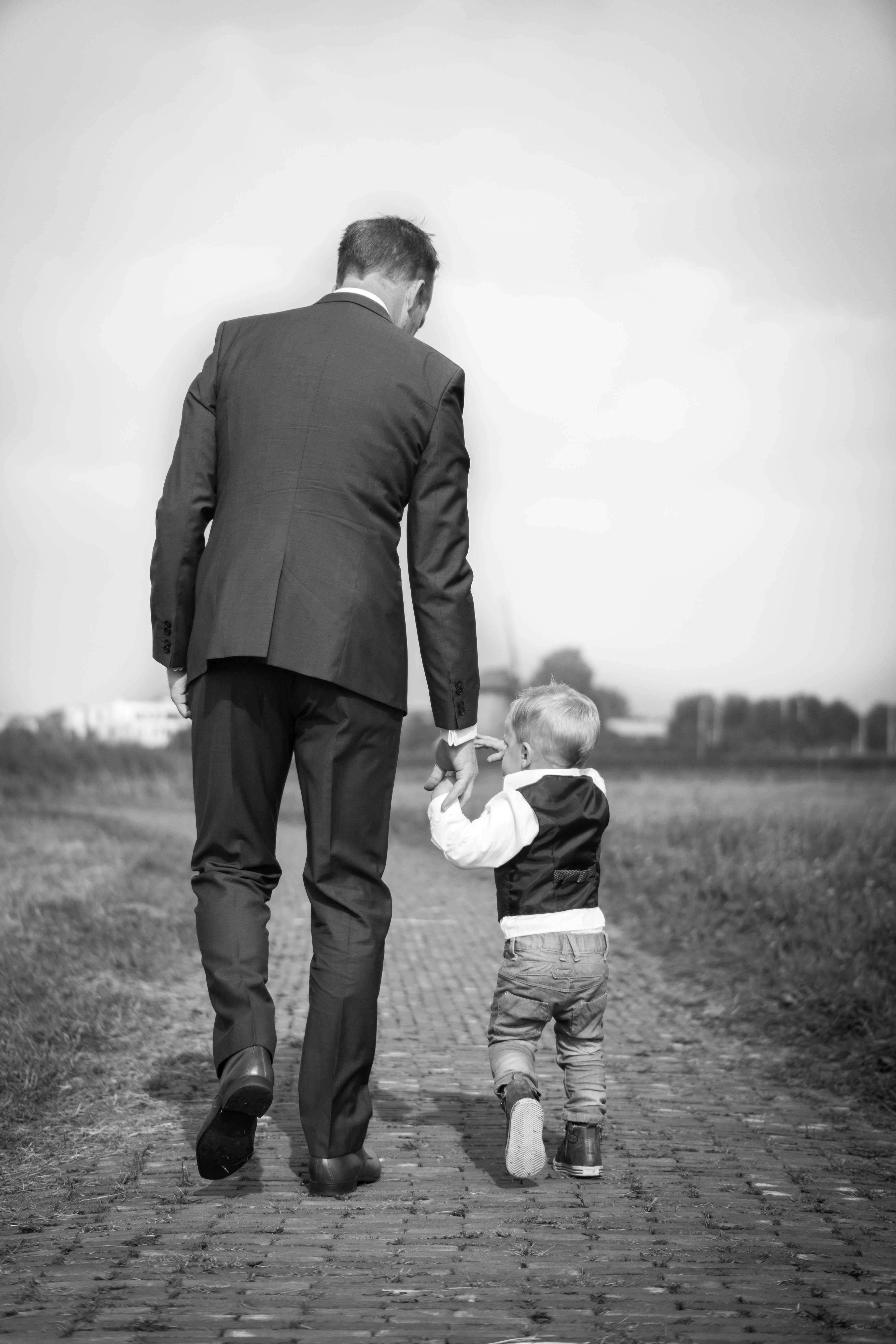The relationship between fathers and sons has long been filled with both deep bonds and difficult challenges. At its core, the struggle often stems from generational differences, contrasting perspectives, and unspoken expectations. Fathers, shaped by their own upbringing and experiences, may envision a particular path for their sons—one that aligns with their own values, interests, and achievements. Sons, however, grow up in a different era, with their own aspirations, influences, and definitions of success. When these perspectives clash, it can create a divide that affects communication, emotional well-being, and even long-term relationships.
One of the most common sources of tension is expectation. A father who once thrived as a star athlete in football or basketball may naturally hope his son will follow in his footsteps. However, the son may feel drawn to different pursuits, such as theater, choir, or the arts. In the father’s eyes, these interests might not fit into his definition of traditional masculinity or success. On the other hand, the son may feel unseen, as if his talents and passions are being dismissed or undervalued. This misalignment can lead to frustration on both sides, with the father feeling disappointed and the son feeling pressured or misunderstood.
Beyond personal interests, societal norms and expectations also play a significant role. What one generation perceives as the “right” way to live, work, or express emotions may feel outdated or restrictive to the next. Fathers who were taught to be tough, suppress emotions, and “man up” may struggle to relate to sons who are encouraged to be more open, expressive, and vulnerable. This gap can make meaningful conversations difficult, leaving both parties feeling unheard and disconnected.
However, despite these challenges, the father-son relationship remains crucial. Sons often look to their fathers as role models, whether consciously or unconsciously. A father’s guidance (or lack thereof) influences his son’s work ethic, confidence, and ability to navigate relationships. A positive father figure can instill a sense of self-worth, resilience, and ambition. Conversely, a strained or absent father-son relationship can leave lasting emotional scars, impacting future relationships, career choices, and mental health.
Breaking the cycle of generational misunderstanding requires effort from both sides. Fathers must learn to embrace their sons’ individuality, recognizing that their child’s path does not have to mirror their own to be valuable or meaningful. Sons, in turn, can strive to understand their fathers’ perspectives, acknowledging that their expectations often stem from love, even if they are expressed imperfectly. Open communication, mutual respect, and the willingness to listen can help bridge the gap, transforming conflict into connection.
At the end of the day, every boy needs a father figure—not one who dictates his path, but one who supports him as he finds his own. By breaking the cycle of unrealistic expectations and emotional distance, fathers and sons can build a stronger, healthier bond—one that withstands generational differences and stands the test of time.
